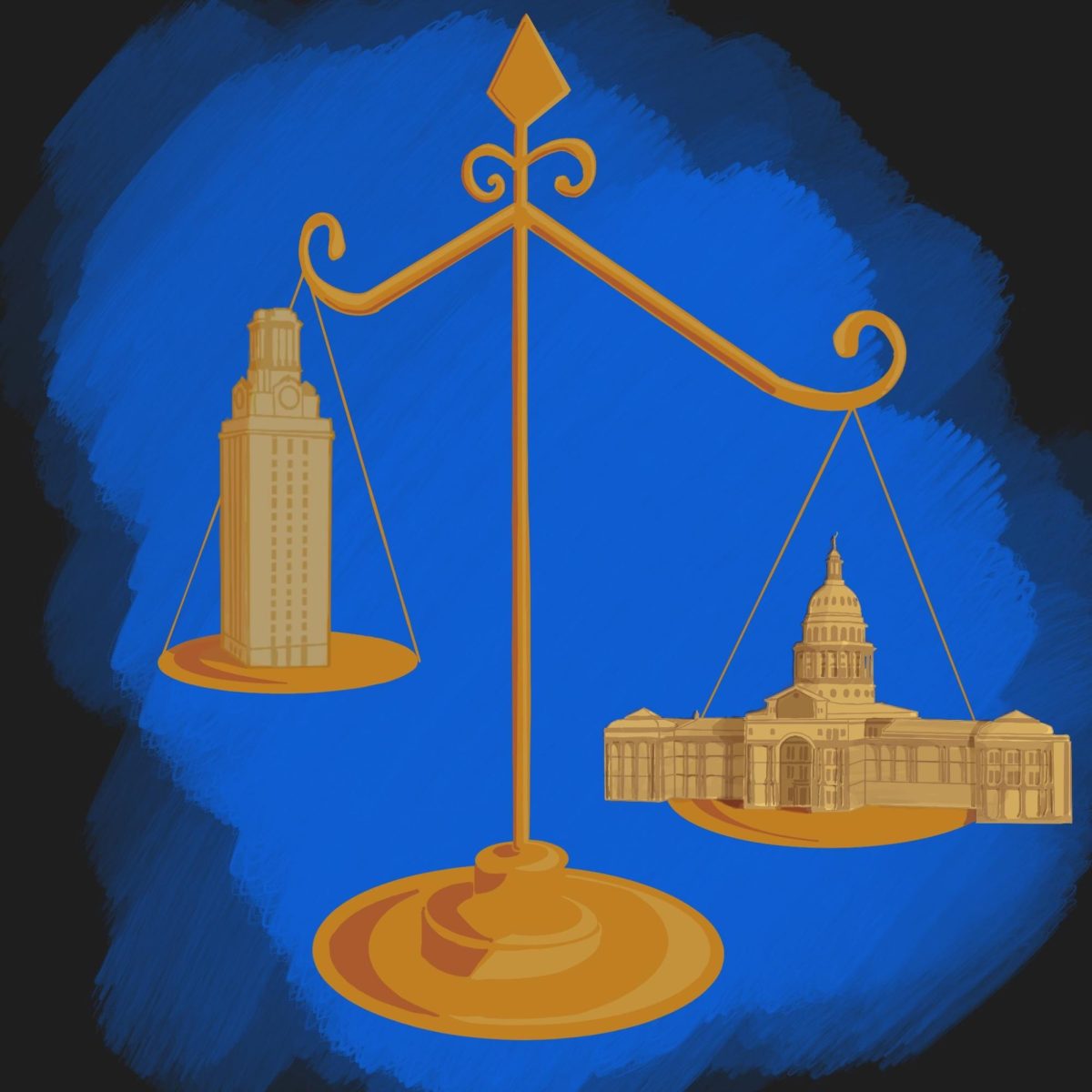AUSTIN, Texas — Republicans began the Texas legislative session with unprecedented majorities in the House and Senate and holding every statewide office. But 140 days later, they still failed to pass a key budget-related bill and two of the governor's top priorities.
So, they'll be back at work on Tuesday.
The legislation session ended Monday, but lawmakers need to finish their work on a plan to fund state government for the next two years — amid the state's multibillion-dollar budget shortfall. Gov. Rick Perry called a special session, which will also be used by lawmakers to consider the governor's proposed changes to Medicaid, the health insurance program for the poor.
"We have taken great strides this session … but critical work remains to ensure we have a balanced budget that provides essential services without raising taxes, while protecting the Rainy Day Fund for future emergencies," Perry said in his call for special session late Monday.
The Texas Constitution requires the Legislature to pass a balanced budget every two years, and the state comptroller is responsible for certifying that they did their job. While both chambers passed the main budget bill, Sen. Wendy Davis, D-Fort Worth, was successful with a filibuster against a new school finance law that would have cut the state's obligations to schools districts by $4 billion.
Without the new law, the budget doesn't balance and a special session is mandatory.
The proposed Medicaid reforms would also save the state money by expanding the privatization of Medicaid services in Texas and creating incentives to improve the quality of care, Perry's statement said.
Earlier Monday, Lt. Gov. David Dewhurst wrote Perry asking him to put nine issues on the agenda during the special session, including new immigration enforcement rules, Medicaid savings measures, interstate health insurance, the Texas Windstorm Insurance Association and congressional redistricting.
Perry can still add those issues later, or call another special session later in the year. Last week, the governor's aides said Perry would call a special session to reform the windstorm insurance association, which helps coastal property owners find home insurance. Negotiations between the governor's office and trial lawyers on how to reform the association broke down Friday night.
Dewhurst also said he was ready to do away with the Senate's tradition of requiring a two-thirds vote to approve bills, something designed to give even the minority party a say in legislation.
"Given that a small number of Senate Democrats have demonstrated their unwillingness to find consensus on these important legislative items, I can see no other alternative than to operate under a simple majority vote in the special session," Dewhurst said in his letter to the governor.
Republicans hold 19 out of 31 seats in the Senate and 101 of the House's 150 seats. The only way Democrats can stop legislation is for senators to leave the state.
Seasoned veterans said the special session could be contentious.
"My prediction is this will be a long special session. I think it's going to be pretty hardball," said Sen. Steve Ogden, R-Bryan. "This is a gift for the governor."
Republicans said Democrats made a mistake in triggering a special session.
"I think the Democrats have made a bad strategic move. They could have made a deal on a number of issues and we could've been done right now," said Rep. Larry Taylor, the Republican leader in the House. "I think the negotiations for them during the (special) session are going to be a lot harder for them."
House Democratic leader Rep. Jessica Farrar said her team was ready to fight for more school funding. They would insist that the public have a chance to let lawmakers know how they feel about the $4 billion in proposed cuts. She said Democrats want to tap the state's almost $10 billion Rainy Day Fund to give schools what they are owed.
Despite the failure to pass a budget, Republicans did score some major victories during the regular session, including four of Gov. Perry's five emergency items. Winning the hardest-fought item, Perry has already signed a bill requiring doctors to conduct a sonogram before performing an abortion and to force women to listen to a detailed description of the ultrasound image. The law goes into effect on Sept. 1.
Republicans also delivered a law that requires voters to show a photo ID before casting a ballot, and a "loser pays" bill that makes it harder to file lawsuits and also punishes claimants if they don't settle for more than they eventually win. Perry also signed new eminent domain rules that strengthen individual property rights.
But Democrats did block the so-called "sanctuary cities" bill that would force local law enforcement agencies to give immigration laws the same priority as violent crime. The politically charged moniker of the bill refers to police departments that tell their officers not to question a person's immigration status in order to focus on higher priorities or to facilitate better communication with residents. The measure is almost certain to come up during the special session.



















